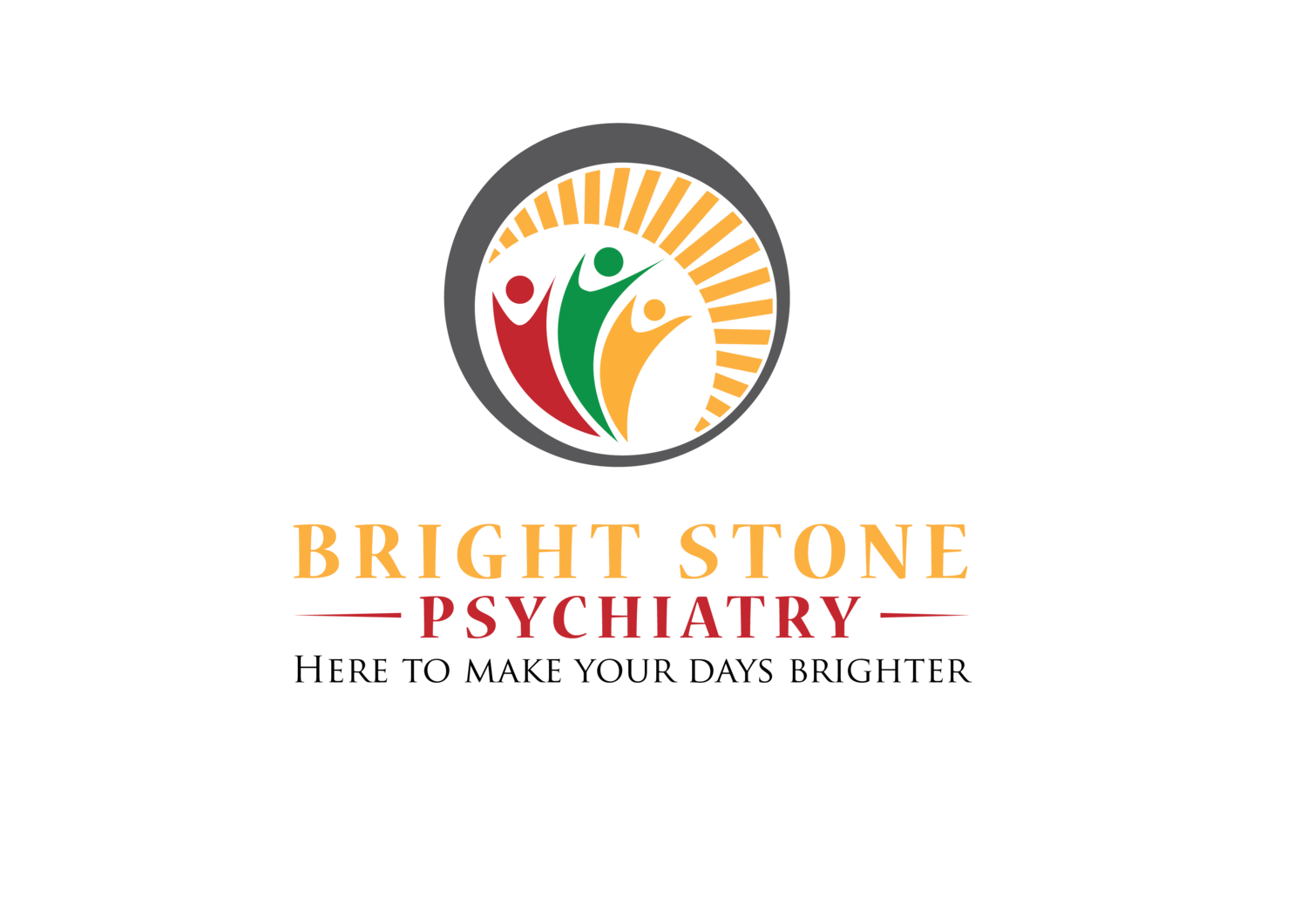Empower Yourself: Self-Help Tips for Managing Anxiety
Anxiety is a common and often overwhelming experience that can affect anyone at any stage of life. While seeking professional help is crucial for managing severe anxiety disorders, there are many self-help strategies individuals can incorporate into their daily routines to alleviate symptoms and promote emotional well-being. From mindfulness practices to lifestyle adjustments, here are several self-help tips for dealing with anxiety that can empower you to take control of your mental health and lead a more balanced and fulfilling life.
1. Practice Mindfulness and Deep Breathing
Mindfulness techniques, such as deep breathing exercises and meditation, can help calm the mind and reduce anxiety symptoms. Take a few moments each day to sit quietly, focus on your breath, and observe your thoughts without judgment. Deep, diaphragmatic breathing can activate the body's relaxation response, easing tension and promoting a sense of calm.
Self Help Tips For Anxiety To Have You Feeling Great!
2. Challenge Negative Thoughts
Anxiety often stems from irrational or distorted thoughts that fuel feelings of fear and apprehension. Challenge negative thinking patterns by questioning the validity of your anxious thoughts and reframing them in a more balanced and realistic light. Replace catastrophic thoughts with more rational and constructive alternatives to reduce anxiety's grip on your mind.
3. Establish a Healthy Routine
Maintaining a regular daily routine can provide structure and stability, which can be especially beneficial for individuals struggling with anxiety. Set consistent sleep and wake times, prioritize healthy meals, and incorporate regular exercise into your schedule. Physical activity releases endorphins, the body's natural mood lifters, and can help reduce anxiety and stress.
4. Limit Caffeine and Alcohol Intake
Caffeine and alcohol can exacerbate anxiety symptoms by stimulating the nervous system and disrupting sleep patterns. Limit your consumption of caffeinated beverages such as coffee, tea, and energy drinks, especially in the afternoon and evening. Similarly, moderate your alcohol intake, as excessive alcohol consumption can worsen anxiety and mood disturbances.
5. Engage in Relaxation Techniques
Incorporate relaxation techniques into your daily routine to help manage stress and anxiety. Activities such as yoga, progressive muscle relaxation, and guided imagery can promote relaxation, reduce muscle tension, and alleviate anxiety symptoms. Experiment with different relaxation methods to find what works best for you and incorporate them into your daily or weekly routine.
6. Connect with Supportive Relationships
Social support plays a crucial role in coping with anxiety and promoting emotional well-being. Reach out to friends, family members, or support groups for encouragement, understanding, and companionship. Sharing your feelings and experiences with trusted individuals can provide validation, perspective, and a sense of belonging, reducing feelings of isolation and loneliness.
7. Set Realistic Goals and Prioritize Self-Care
Break tasks into manageable steps and set realistic goals for yourself to avoid feeling overwhelmed by anxiety. Prioritize self-care activities such as spending time in nature, pursuing hobbies and interests, and engaging in activities that bring you joy and fulfillment. Remember to be kind to yourself and acknowledge your accomplishments, no matter how small they may seem.
8. Call Bright Stone Psychiatry For Professional Help
While self-help strategies can be effective for managing mild to moderate anxiety, it's essential to seek professional help from Bright Stone Psychiatry to make sure you are doing everything needed to manage anxiety. BOOK HERE
Taking Charge of Your Mental Health
Dealing with anxiety can feel overwhelming, but by incorporating self-help strategies into your daily life, you can take proactive steps to manage symptoms, reduce stress, and improve overall well-being. Remember that managing anxiety is a journey, and it's okay to seek support and guidance along the way. By prioritizing self-care, challenging negative thoughts, and building a support network, you can empower yourself to navigate life's challenges with resilience and strength.
If you or a loved one are having trouble with anxiety BOOK AN APPOINTMENT today.

